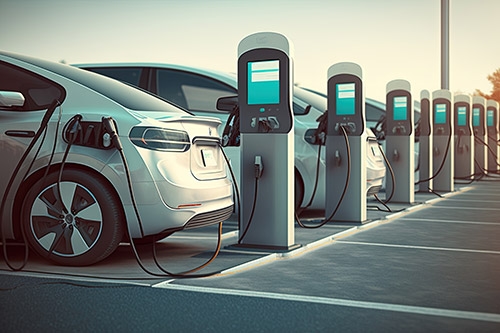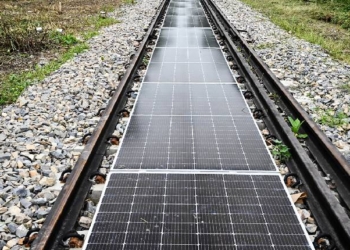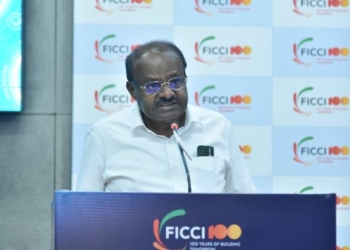New Delhi: Electric Vehicles (EVs) are a transformative force in the fight against climate change and by significantly reducing greenhouse gas emissions compared to traditional combustion engines, EVs play a critical role in mitigating global warming, experts said on World Environment Day on Wednesday.
World Environment Day is observed every year on June 5 in an effort to encourage awareness and action for the protection of the environment.
According to Manjula Girish, Business Head-EV Charging & Photovoltaic Inverter Division, Delta Electronics India, World Environment Day serves as a critical platform for the EV industry to showcase its commitment to a sustainable future.
“As the mission of the EV industry synchronises with the mission of World Environment Day, attributing to sustainability, emission reduction and climate change. It’s a day to celebrate the progress we have made in electrifying transportation,” Girish told IANS.
As per Fortune Business Insights, the Indian EV market is projected to grow from $23.38 billion in 2024 to $117.78 billion by 2032, exhibiting a CAGR of 22.4 per cent during the forecast period.
For the EV industry, it’s a chance to showcase the transformative power of electric mobility, said Akash Gupta, Co-Founder and CEO of Zypp Electric, adding that “we can raise awareness about the environmental benefits of EVs such as reduced emissions, cleaner air, and quieter cities.”
According to experts, EVs produce zero tailpipe emissions, drastically reducing air pollutants compared to traditional internal combustion engine vehicles.
“This shift is crucial in decreasing the levels of greenhouse gases, primarily carbon dioxide, which are major contributors to global warming. Additionally, EVs align with renewable energy sources, further amplifying their positive environmental impact,” said Hyder Khan, CEO of Godawari Electric Motors.
As per a Niti Aayog report, the government is aiming for EV adoption to reach 40 per cent for buses, 30 per cent for private cars, 70 per cent for commercial vehicles, and 80 per cent for two-wheelers by 2030.
(IANS)
















